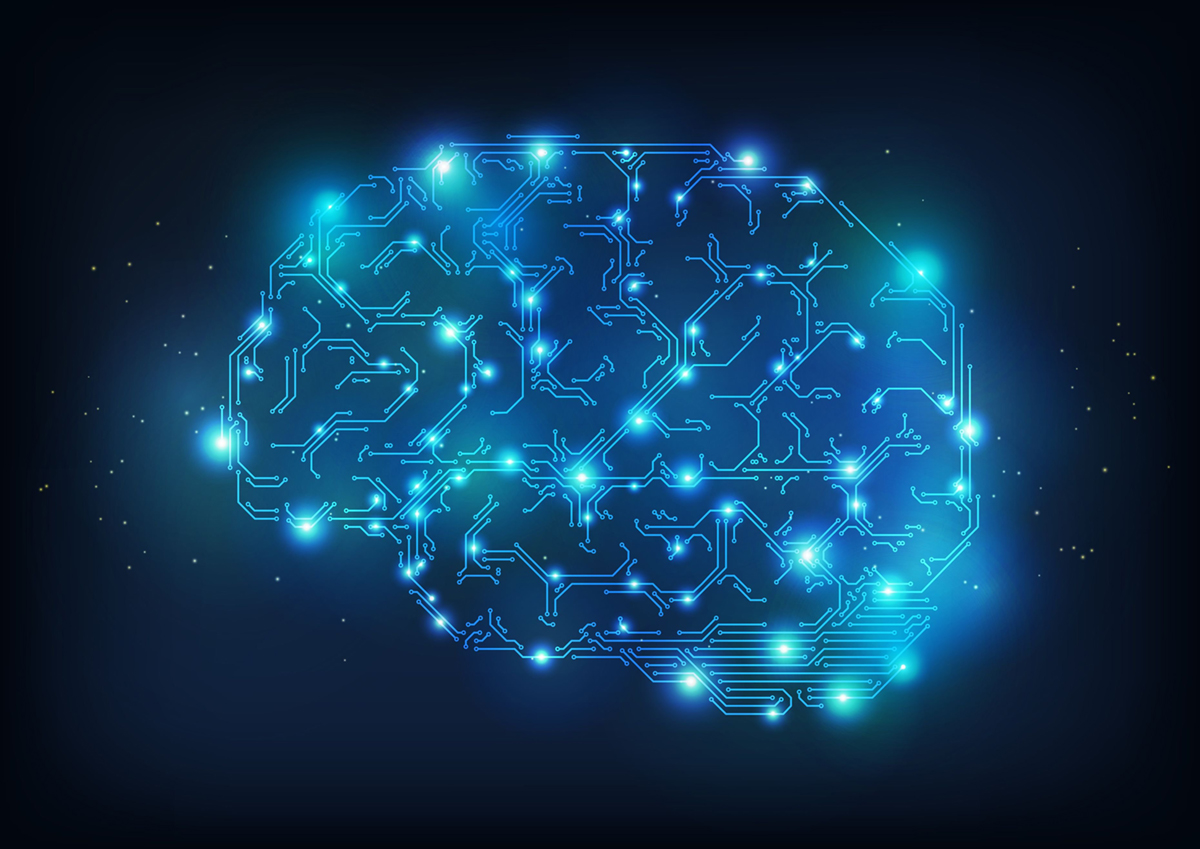
Myoclonus
This name is connected with a problem of the involuntary muscle jerks, which are sometimes felt before falling asleep. One type of myoclonus is even a hiccup, but this condition does not pose some danger. They usually are created because of some disorder of the nervous system. Many disorders can cause this problem and among them are metabolic conditions, epilepsy or reaction to taking certain medications. Just like any other condition, treatment will involve the elimination of the problem produced the myoclonus. Sometimes this cause cannot be found, so the only thing that can be done is to control the symptoms.
Causes
A number of diverse conditions can produce myoclonus. Since the causes can be different, the treatment can also be different. Because of this, doctors divide types of myoclonus based on the source. There are several types that we will talk about in detail. Essential myoclonus is not produced because of any other medical problem, since it occurs on its own. The cause of this type is connected with hereditary effect or it is not explained. The physiological myoclonus does not require treatment and affects healthy people. It causes muscle twitching in infants, sleep start problems and hiccups. Symptomatic myoclonus, also called secondary, happens because of the stroke, Parkinson's disease, spinal cord injury, Alzheimer’s disorder, drug or chemical poisoning, metabolic problems, Huntington's disease, head injury, brain tumor, medical reaction and long deprivation of oxygen. The last type is epileptic myoclonus and it is connected with the epilepsy condition.
Symptoms and diagnosis
The most common symptoms are brief, sudden, and shock alike, and although this condition is not threatening, sometimes it can be persistent. If this happens, visit the doctor. There are several test performed in order to find the type of myoclonus present, but this involves a process of elimination. One painless and quick test is electroencephalography or EEG, which monitors the brain's electrical activity and looks for the origins of myoclonus. It involves electrodes attached to the patient's head. Next possible test is electromyography or EMG, which looks for the muscles electrical discharge by electrodes inserted into the muscle. This can be discomforting and sometimes blood can start to come out of the arm. It does not last less than an hour of time. The MRI or magnetic resonance can also be done, but it is done in order to see if tumor or structural problems are present. It can cause great noise, but no discomfort. Several medical tests can also be done. One of them is giving blood sample to see if diabetes, toxins, autoimmune conditions, liver disease, metabolic imbalance, drugs or kidney disease are present.



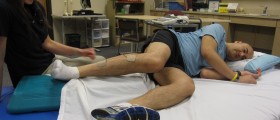





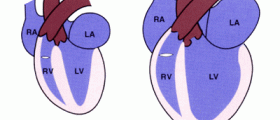
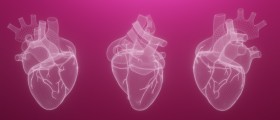
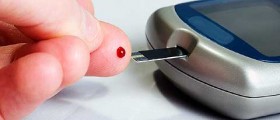
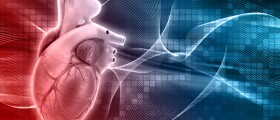
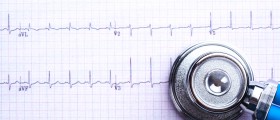


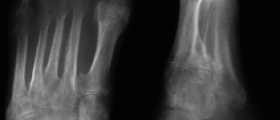
Your thoughts on this
Loading...